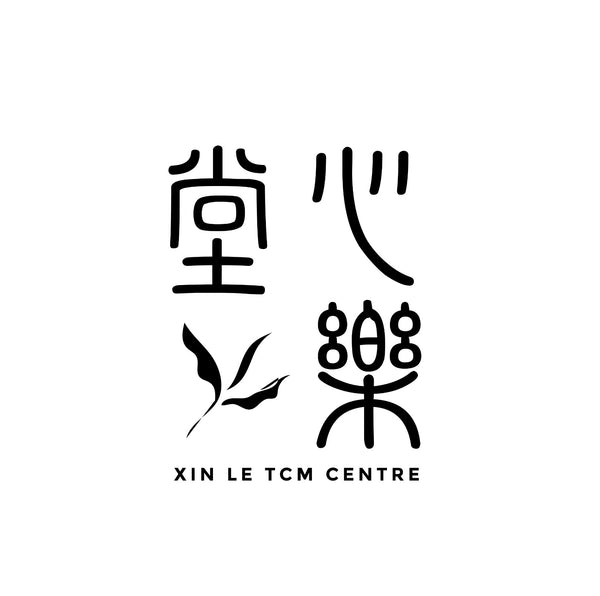What is Qi Stagnation?
Qi, also known as vital energy, is the life force that flows throughout our body, driving every activity in living beings. In Traditional Chinese Medicine (TCM), the liver is responsible for the free movement of qi throughout the body. When liver function is weak, the flow of qi becomes restricted, leading to stagnation—much like stagnant water in a pond. Stagnant qi manifests as dull, moving pain, mood swings, frequent sighing, and abdominal masses that appear and disappear.
What Causes Qi Stagnation?
Emotional stress and excessive emotions such as anger and frustration, often resulting from work or daily life, can stagnate qi and blood, interrupting the flow of energy in the body. This eventually leads to liver qi stagnation, which can cause irregular periods or a lack of ovulation.
Qi Stagnation Signs and Symptoms
- Delayed or short periods, heavy or light bleeding, dark blood with clots
- Period cramps
- Premenstrual breast tenderness or pain under the ribs
- Depression or anxiety
- A “lump in the throat” sensation
- A feeling of fullness in the abdomen
- Imbalance in ovulation
How Does Qi Stagnation Affect Pregnancy?
In TCM, the uterus, liver, and kidneys are closely related. The movement of qi through the liver and kidneys is essential for both ovulation and menstruation to occur. When the qi flow in these channels is blocked or stagnant, it leads to imbalances in the menstrual cycle and ovulation. Blockages restrict the supply of qi and blood to developing eggs, fertilized eggs, or embryos, increasing the risk of infertility.
How Does TCM Help?

-
Acupuncture and Moxibustion
During acupuncture or moxibustion, specific acupoints are stimulated to readjust and promote the flow of qi by removing any blockages. This not only helps to enhance qi and blood flow but also strengthens the female reproductive system, balances sex hormone levels, regulates liver and kidney function, and maintains normal ovulation.
Furthermore, research has found that acupuncture triggers the release of endorphins, which relax the body and reduce stress—one of the common causes of qi stagnation that can lead to infertility. -
Herbal Medication
Many Chinese herbs effectively promote qi flow and balance liver function, such as Chai Hu (柴胡), Xiang Fu (香附), Zhi Qiao (枳壳), and Rose (玫瑰).
Tips to Manage Qi Stagnation
- Get Sufficient Rest and Sleep
Aim for 7-9 hours of sleep per night, as adequate rest is crucial for balancing qi. A busy lifestyle can lead to qi imbalance.

- Work on Your Breathing
- Try abdominal breathing, also known as diaphragmatic breathing:
- Inhale slowly and deeply through your nose.
- Let the breath fill your stomach, causing it to expand.
- Exhale slowly through your mouth.
- Exercise Regularly
Exercise is one of the best ways to get your qi moving. Tai Chi or Qi Gong can be particularly effective for improving breathing, relieving joint pain, and promoting relaxation.
- Try Acupuncture
Acupuncture helps circulate qi and balance the body's energy flow, effectively moving stagnant qi and improving overall qi and blood circulation.
- Take more food that known for their “moving” energetic properties
Foods that are pungent, sour, or sweet in nature can help move liver qi. Examples include spinach, kale, celery, kelp, lemon, cinnamon, chamomile, vinegar, hawthorn, and roses. Avoid greasy, fatty foods, fried foods, processed foods, and excessive cold drinks.
A specific treatment plan should be personalized based on individual constitution and symptoms. It is advisable to consult a professional TCM practitioner to ensure you have the most suitable treatment approach. Contact us now to understand more about your body conditions and learn how TCM can help you!



